Kindalin Cherrybrook is a child care centre for children aged from two to five years old, from 7:30 am - 6:00 pm. The two rooms offer an intimate learning environment, with a focus on school readiness.
The children love the leafy outdoor play area, where they can dig in the covered sandpit, explore the climbing equipment, splash in the rocky creek area with water, or perform on the stage.
With over 30 years of experience, Kindalin aims to provide every child with a stimulating and challenging environment in which to grow and learn. The provision of an open learning environment and exploratory creative programs enhance each child’s individuality and ability to develop to their full potential.
The Kindalin philosophy and curriculum are based on years of experience and up-to-date early childhood research which recognises the importance of children’s active, hands on involvement in their learning.
The centre is within easy access to the M2 motorway, has buses at the door, and is just minutes away from Cherrybrook Public School.
At Kindalin, children are cared for in an environment that is both stimulating and challenging. The seven core beliefs of the centre’s philosophy are:
Partnerships between the children, families and educators.
Environments should be both positive and nurturing, seeing children as individuals who are competent and capable learners.
Active Learning is encouraged as children explore their surroundings and interact with others.
Family Support is offered where parents take an active role in their child’s programming. All cultures are celebrated and valued.
Community Involvement is encouraged, visiting and engaging with other groups and spaces within the local area.
Team Culture where educators are respected individually as well as working within a professional group that encourages development and reflection.
Sustainability as part of the culture and curriculum, to teach children to learn and respect the environment.

























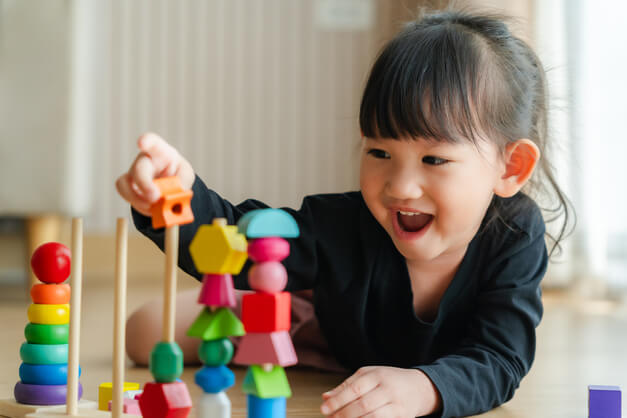
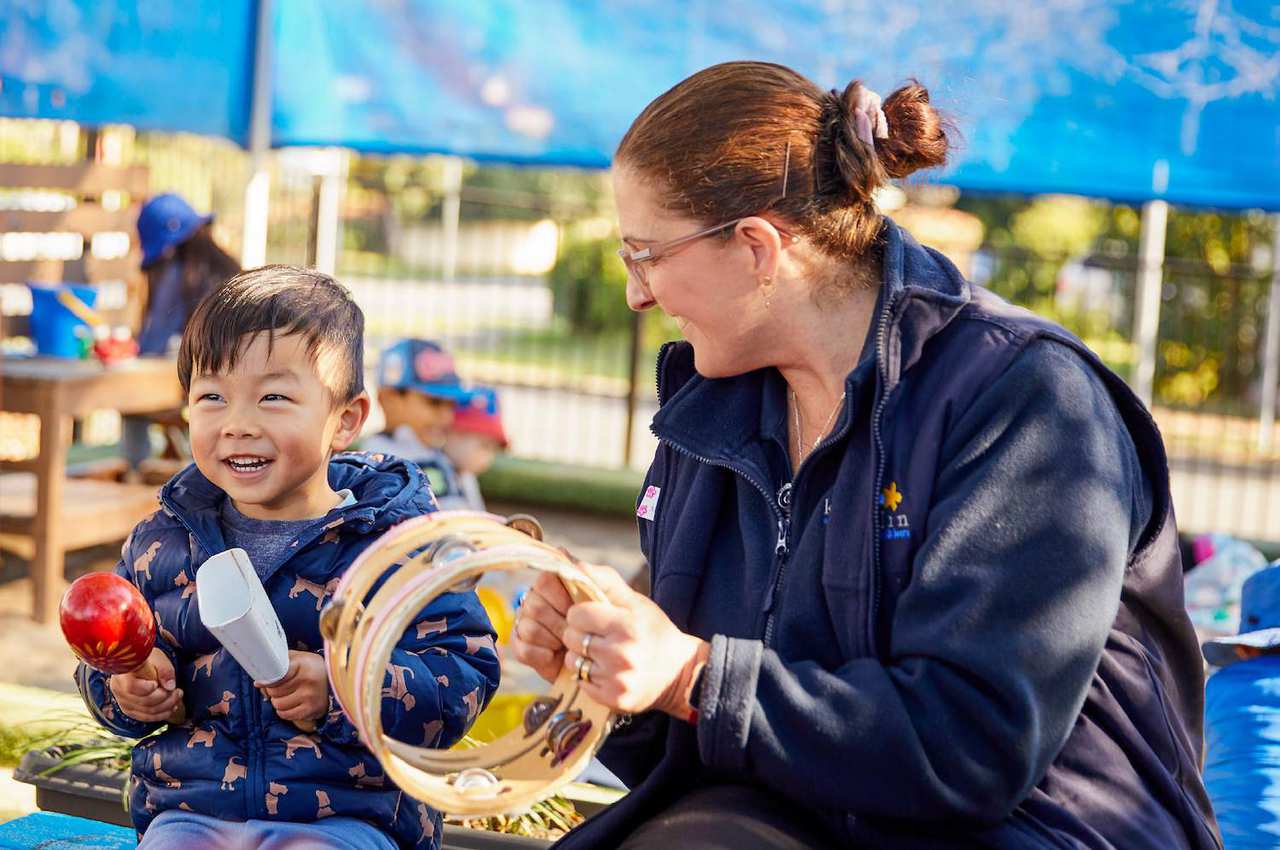
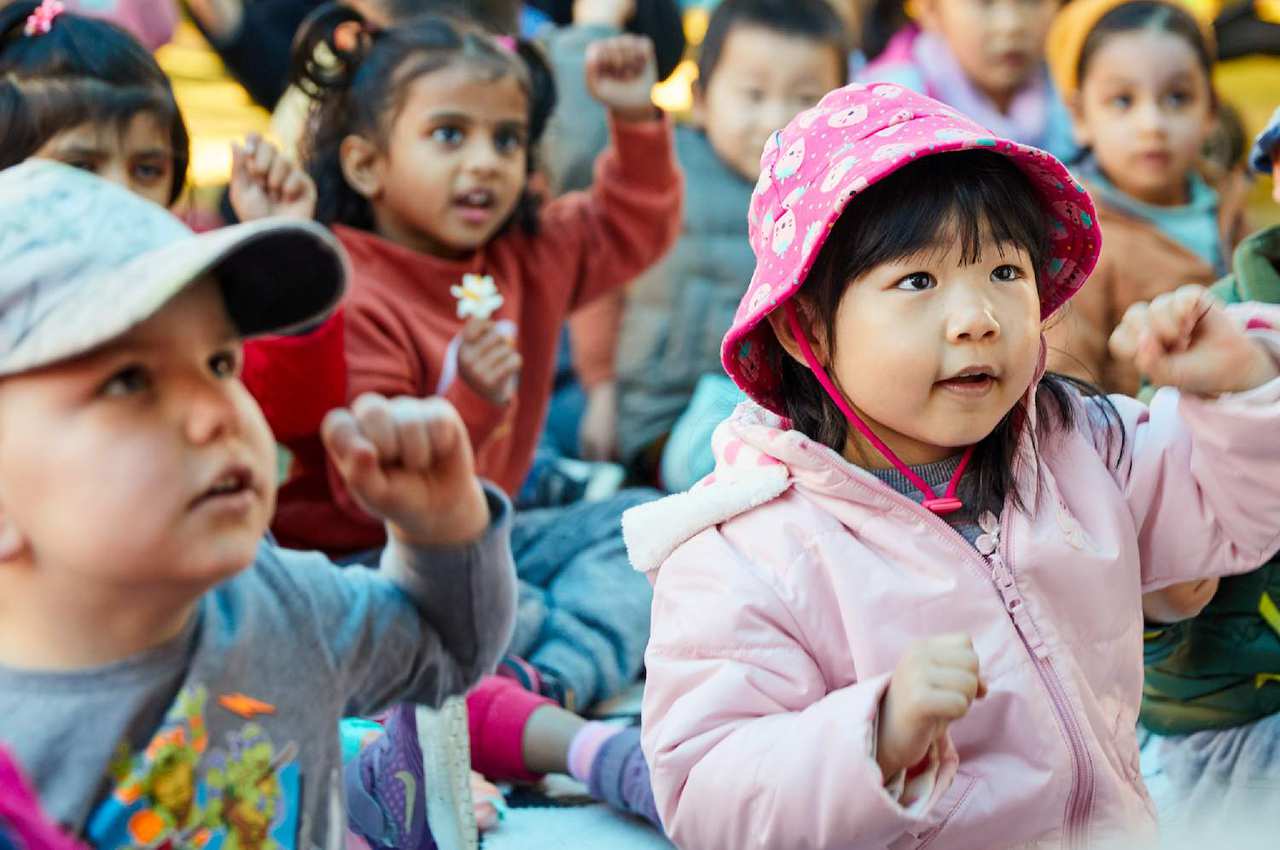
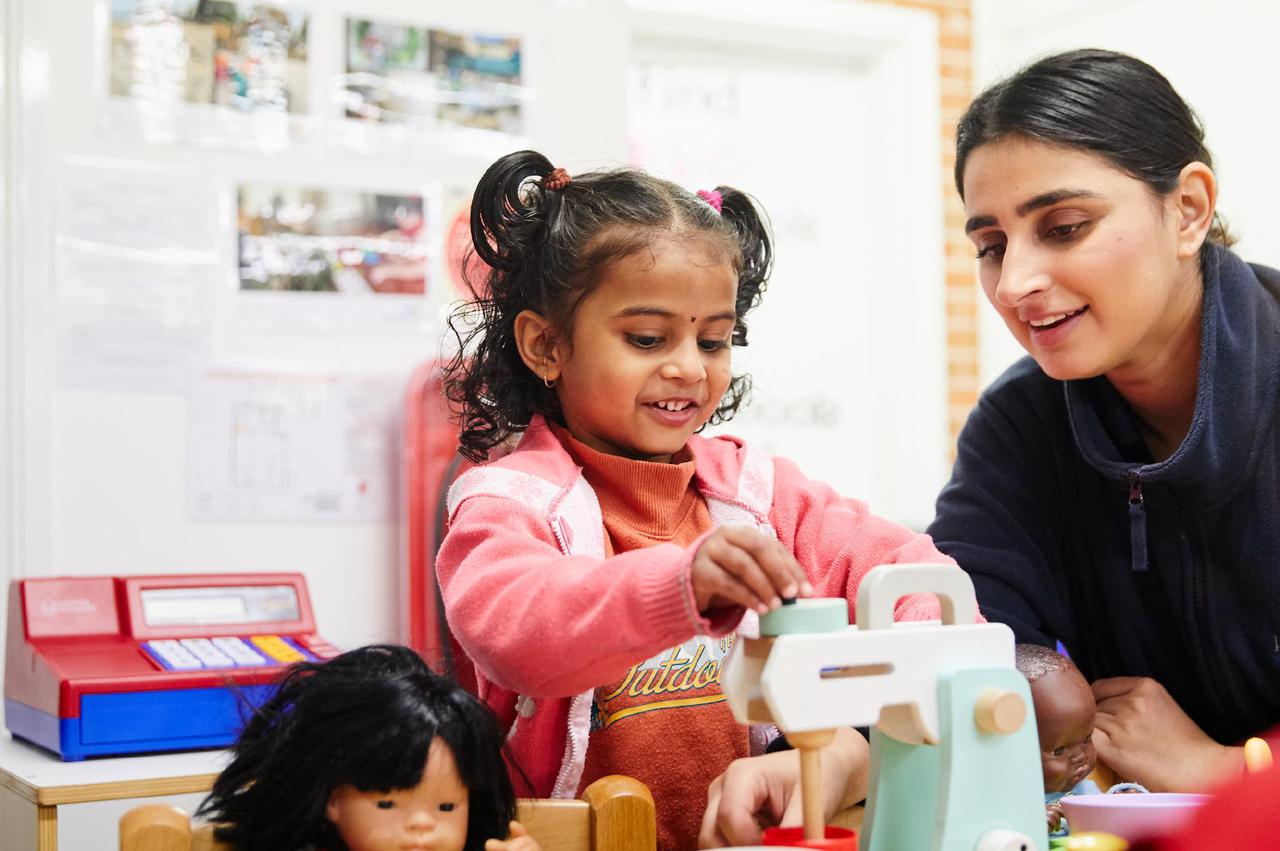


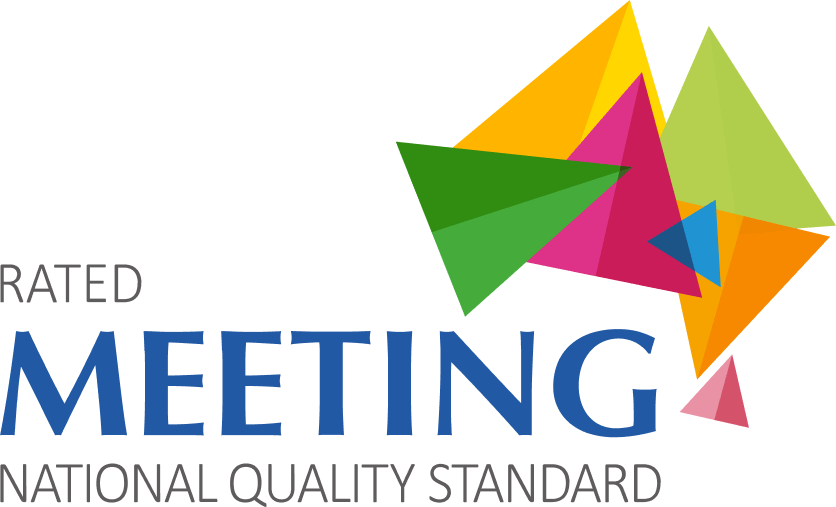
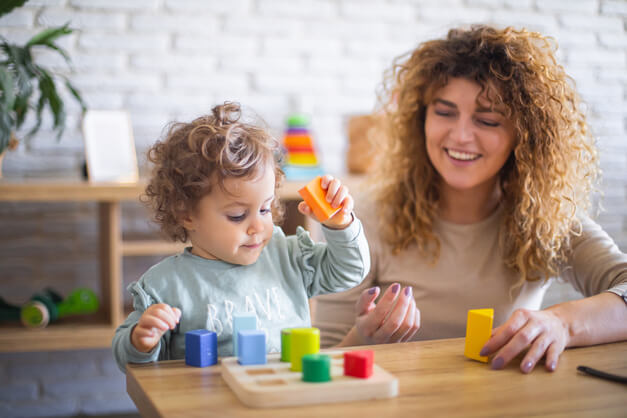



































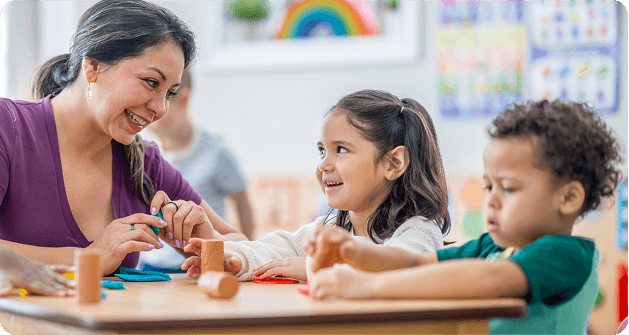

Social News Feed
Social posts for this centre will appear here once they're available.
Can not get post detail